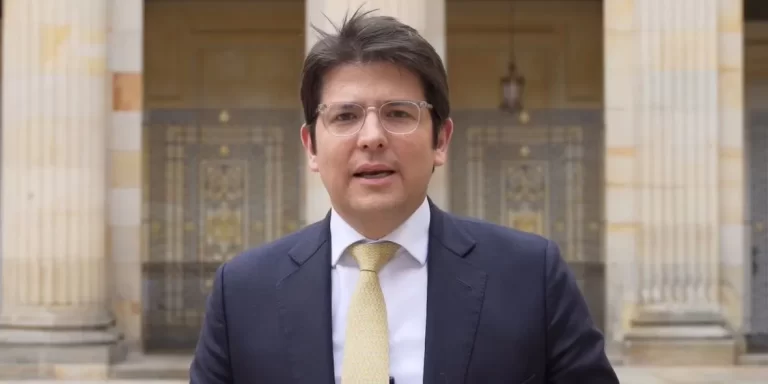[ad_1]
DETROIT (Reuters) – Cheap gasoline is squeezing U.S. bus companies and the Amtrak passenger rail system that bet more consumers would embrace alternatives to driving for trips shorter than 400 miles, a study by researchers at DePaul University concluded.
The study, released Tuesday, found nine metropolitan areas in the United States with populations above 700,000 now have no Amtrak passenger rail service or express bus service.
Since 2014, eight of the 50 most heavily-traveled routes between cities 120 to 400 miles apart have lost either express coach or Amtrak service, according to the study by the Chaddick Institute for Metropolitan Development at DePaul University in Chicago.
Travelers favor planes for trips longer than 400 miles, and cars for trips under 100 miles, but various enterprises have sought to profit from offering alternatives to planes or cars for trips that fall between those two distances.
Megabus, operated by Britain’s Stagecoach Group, launched in the United States in 2006. The Greyhound bus line and its BoltBus express coach service is owned by the British company FirstGroup PLC.
Silicon Valley billionaire Elon Musk caused a stir in July when he claimed, without offering details, that he had received verbal approval from the government to build an underground, “hyperloop” transport system that would whisk passengers between New York and Washington, D.C. in a vacuum tube.
Startup Hyperloop One is developing a vacuum tube transport system.
“The attention being given to the Hyperloop stems from a yearning by travelers for something new and different at a time when improvements to intercity ground travel seem to be stuck in low gear,” said Joseph Schwieterman, one of the authors of the DePaul study.
A family of three traveling between Detroit and Cleveland, for example, now has a choice between driving or paying more than $1,000 for airfare purchased two weeks in advance, the study found. Express coach bus service would cost about $120 to $180, the study found.
Ridership and revenue on Amtrak and bus services such as Megabus and BoltBus has declined since 2015, roughly tracking a decline in U.S. gasoline prices, according to data compiled by the Chaddick Institute researchers.
Intercity bus traffic in the United States fell 8 percent in the first half of 2017, following a 1.3 percent decline for all of 2016, the study’s authors estimated.
Reporting By Joe White; Editing by Nick Zieminski
[ad_2]
Source link






Leave a Reply